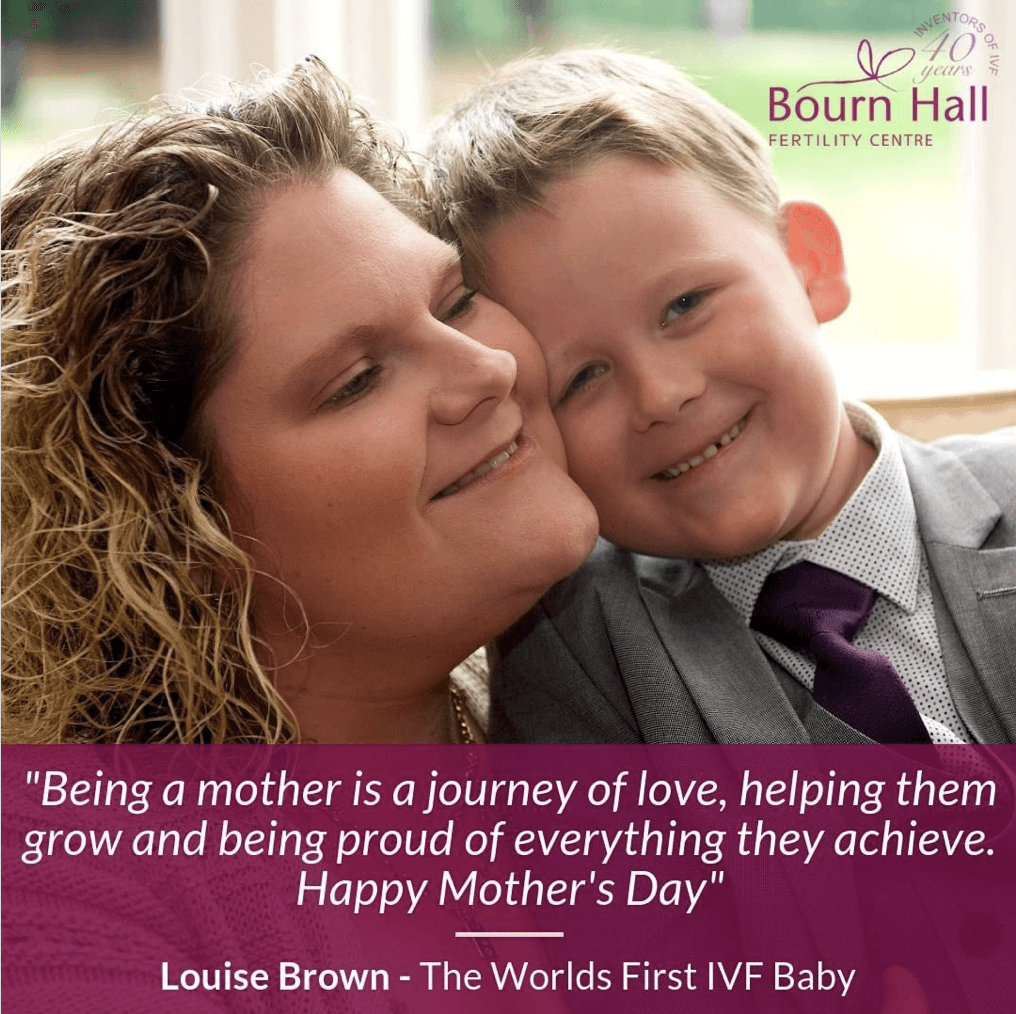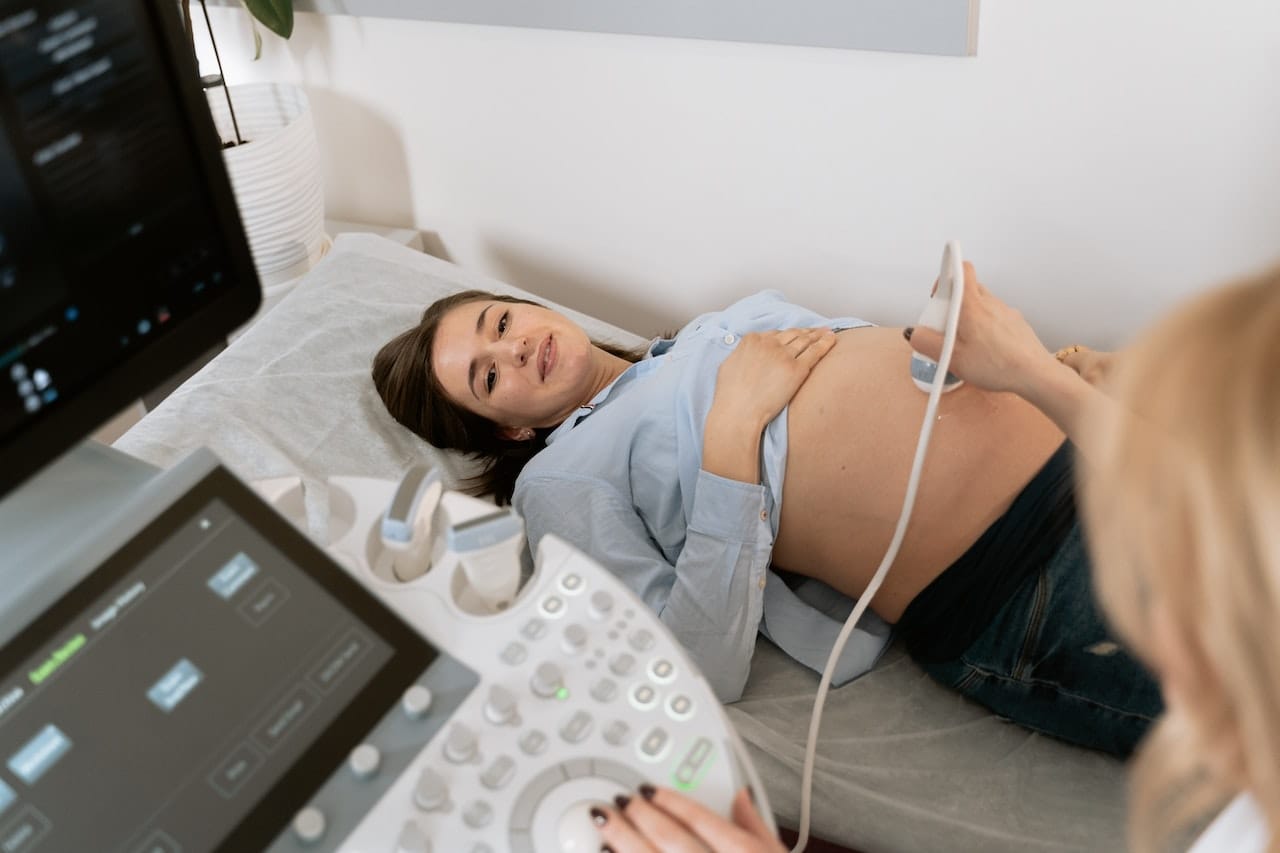It is a common belief that children born after in vitro fertilization (IVF) will have problems conceiving naturally in the future. We decided to check whether such fears are true.
This topic are discussing expectant mothers planning to undergo IVF, on parental And women's forums, as well as on pages medical institutions. Users ask about this services questions and answers. Some even contact Media with a request to find out whether IVF affects the fertility of children conceived in this way. You can find such information on specialized websites in articles about the consequences of this procedure.
ECO (in vitro fertilization) is a procedure in which eggs are removed from a woman's body and fertilized by sperm in a laboratory, and then placed back a few days later for further growth and development. Drug therapy is also used to prepare a woman’s body for the procedure. Sometimes donor eggs or sperm are used for IVF, for example, avoid transmission of genetic diseases by inheritance. If necessary, the procedure is supplemented ICSI - intracytoplasmic sperm injection. It is necessary when, for some reason, the sperm cannot independently penetrate the egg and gain a foothold in it.
First child conceived through IVF was born in Great Britain in 1978. In 2010, a British researcher Robert Edwards, who helped Louise Brown to be born, was awarded the Nobel Prize in Physiology or Medicine for the development of this method. In 2007, Louise was able conceive child naturally and gave birth to her first son, and six years later - second. Her sister Natalie Brown was also born thanks to IVF and became a mother without resorting to assisted reproductive technologies even earlier - in 1999. In 2015, she gave birth to her fifth child.
The IVF procedure appeared relatively recently, and became widespread even later - for example, Natalie Brown, born in 1982, became just 40th child, conceived in this way. Although everything in the world is thanks to IVF was born already several million people, there are practically no high-quality long-term studies or statistics on their fertility.

In 2010, an international group of scientists studied indicators of children conceived using ICSI during the IVF procedure, and revealed an abnormality in the length of the fingers (relative to height) and the ratio of the length of the index to the ring finger in boys. This anomaly is often observed in people with azoospermia - the absence of sperm in the seminal fluid, so scientists came to the conclusion that sons whose conception required ICSI may inherit infertility from their fathers. It is to this argument come running supporters statementsthat using IVF now will lead to an even greater need for it in the future.
If during IVF the couple does not turn to the services of donors, the child conceived in this way receives the genetic material of his parents, as happens with natural conception, including hereditary diseases. In this case, the son may indeed receive genetically determined fertility problems from his father. However, this has nothing to do with the IVF procedure itself: if the parents of these children had managed to conceive them naturally, most likely the result would have been the same. Since ICSI is an even “younger” technology than IVF (the first child conceived with its help, was born only in 1992), long-term qualitative studies and statistical data on the ability to conceive in children born thanks to its use are also lacking.
At the same time, IVF is carried out according to many indications, in no way related to genetic diseases that the child can inherit: for example, in case of damage or obstruction of the fallopian tubes, endometriosis (proliferation of tissue similar to the lining of the uterus outside the uterus), benign tumors of the uterus, loss of fertility due to cancer treatment (in case the eggs or sperm were previously extracted and frozen), etc. To date, there is no scientific evidence that would confirm that a child born after IVF in these and similar cases may be unable to conceive naturally in the future. In other words, the procedure itself does not in any way affect the fertility of the unborn child.
Moreover, now exists technology for editing genes of embryos during IVF, when DNA fragments responsible for inheritance, for example, of cardiovascular diseases or breast cancer, are replaced with healthy ones. Therefore, perhaps soon medicine will be able to solve the problem of inherited infertility during IVF.
Thus, there is no reason to believe that the IVF procedure affects the fertility of children born through it. If parental infertility is caused by genetic abnormalities, there is a possibility that it will be passed on to children, as happens with natural conception. In this case, the couple can use donor material. However, many indications for IVF are not associated with genetic diseases, and in these cases there is generally no reason to fear that children will inherit the inability to conceive from their parents. Although there are no long-term statistics on the reproductive abilities of children born through IVF, there are examples of people who were born through this procedure and then successfully conceived children naturally.
Cover photo: pexels.com
Mostly not true
Read on the topic:
- Is it true that wearing diapers in childhood leads to male infertility in adulthood?
- Is it true that cognitive abilities decline during pregnancy?
- Is it true that a mother’s taste preferences influence the food preferences of the unborn child?
If you find a spelling or grammatical error, please let us know by highlighting the error text and clicking Ctrl+Enter.






